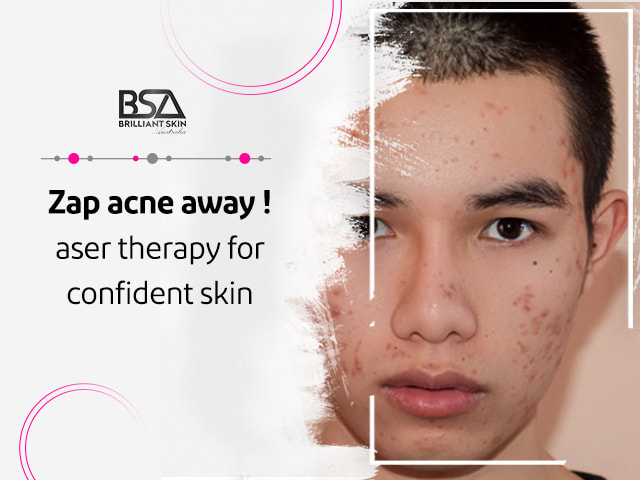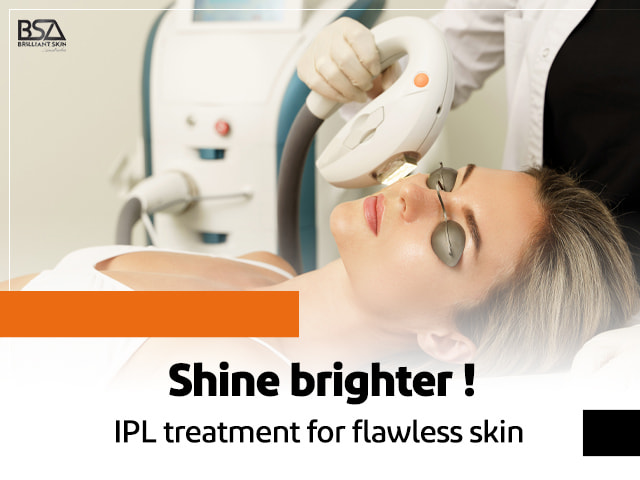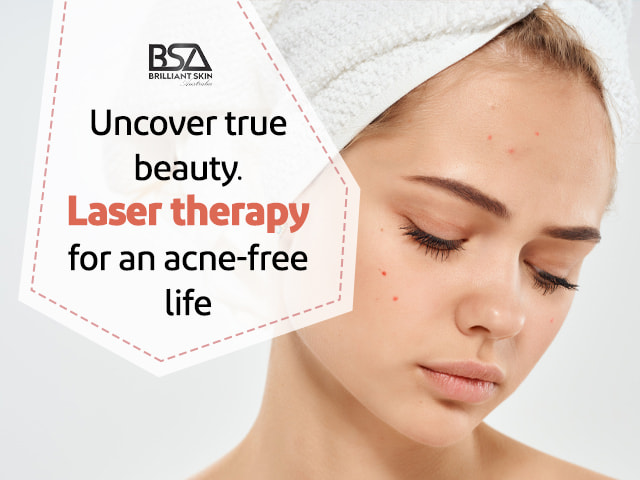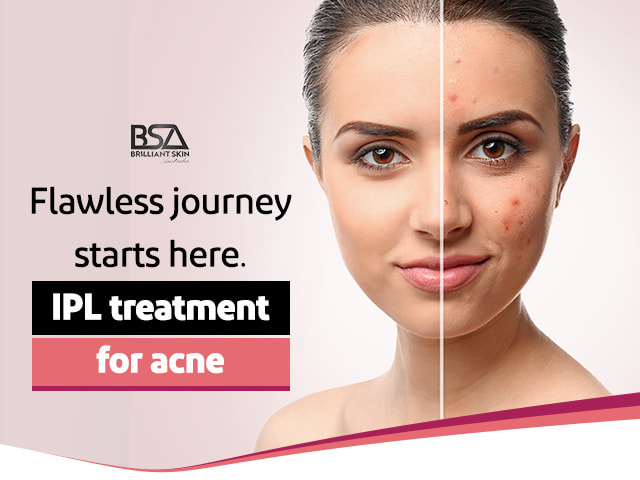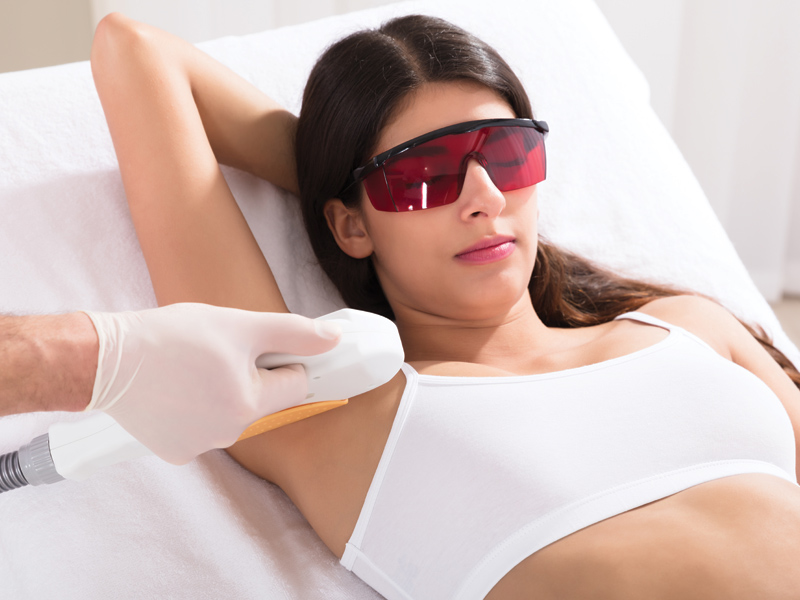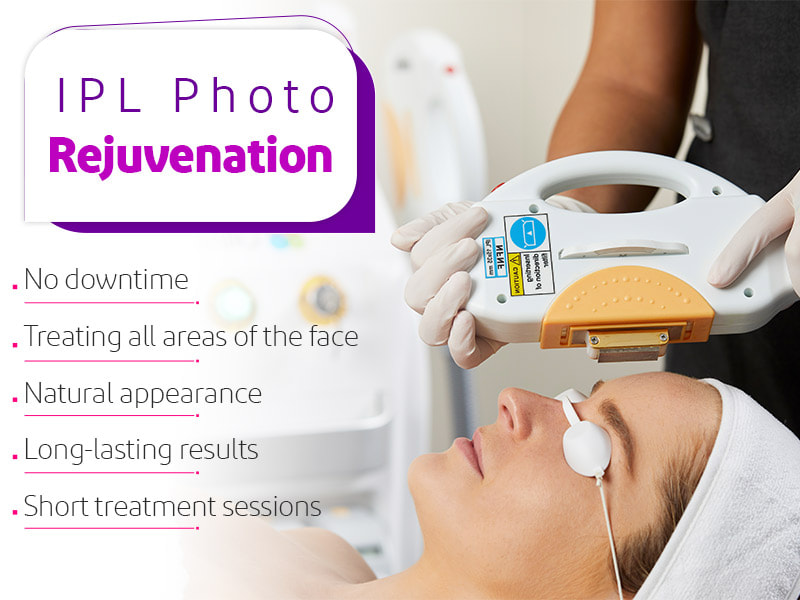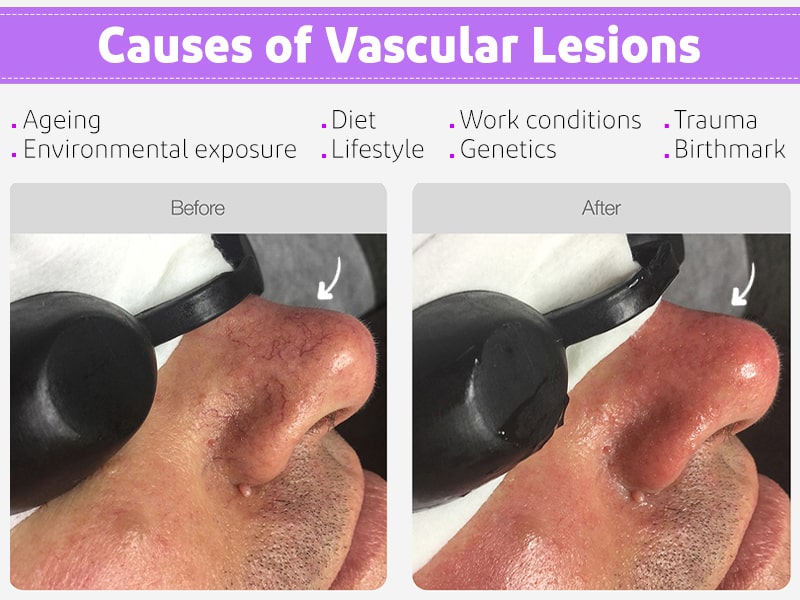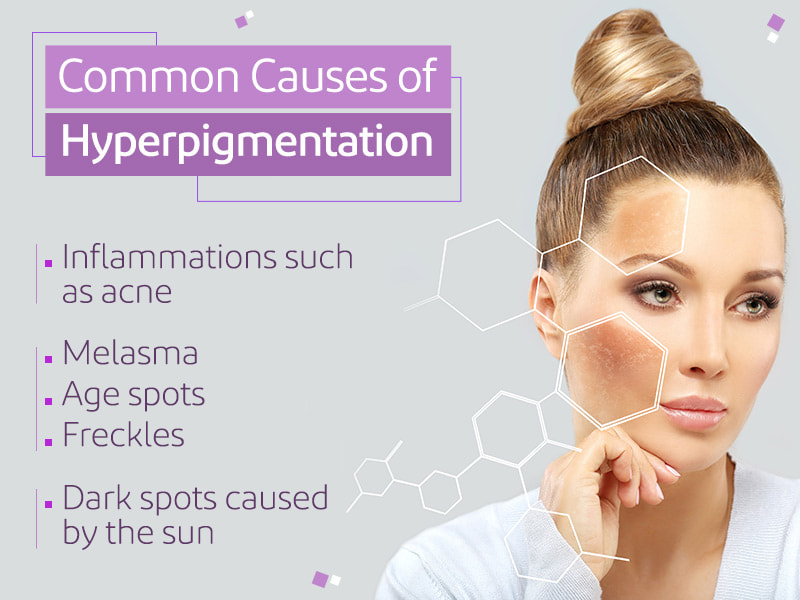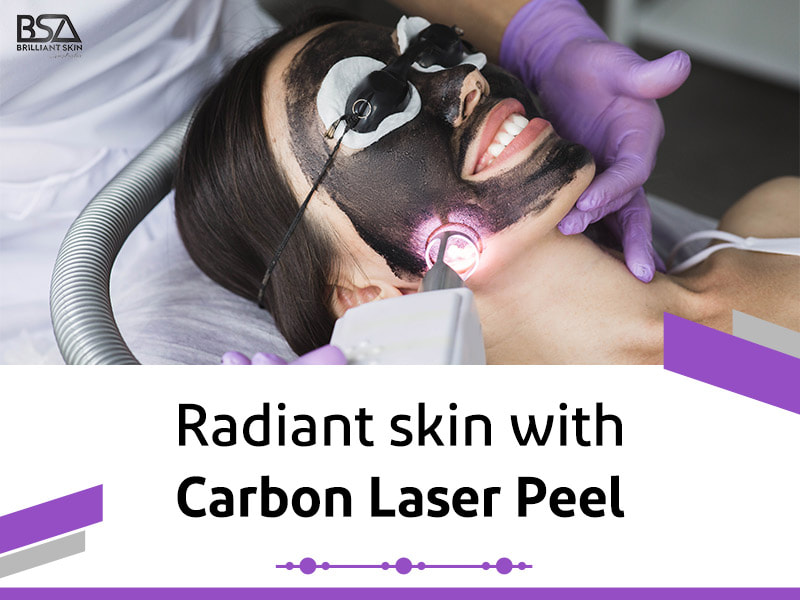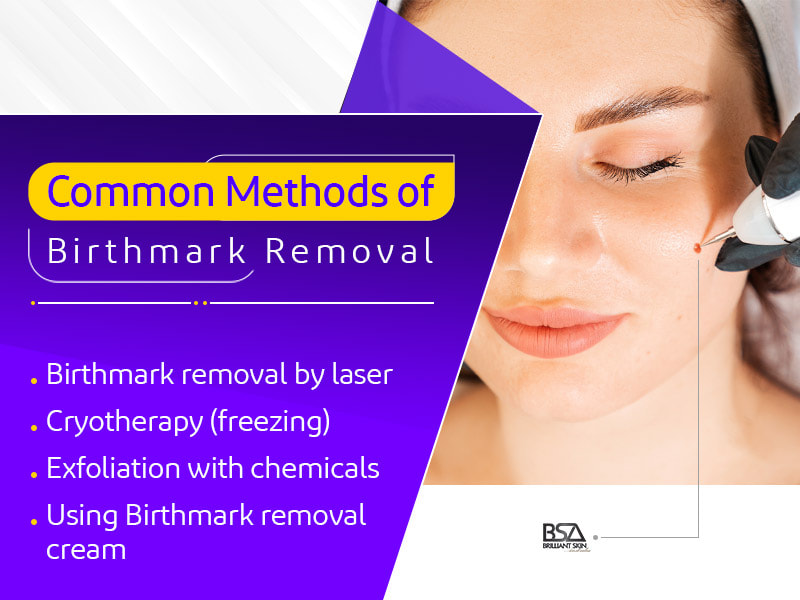Acne: Diagnosis and treatment of different types of acne with the best solutions
- Updated December 13, 2023
- by Honey Seida
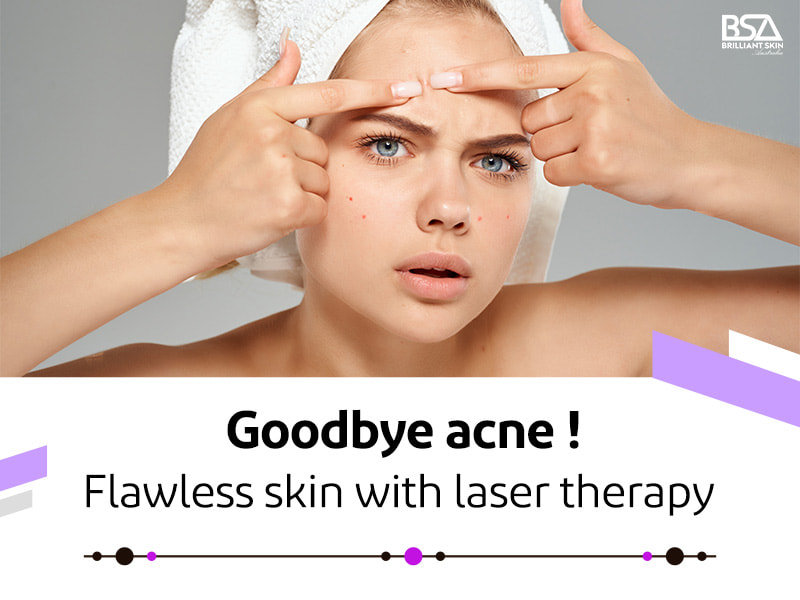
Acne Treatment Before & After Photos
The Best Acne Treatment in Sydney
Acne is a chronic inflammatory skin condition that causes blemishes and pimples, commonly appearing on the face, shoulders, back, neck, chest, and upper arms. It affects around 85% of people aged 12 to 24. The most prevalent types of acne are whiteheads, blackheads, cysts, and nodules. Though not harmful, acne can result in scarring. Seeking acne treatment is a natural response due to its widespread occurrence and impact on individuals.
Common Facts About Acne
- Acne is a skin condition that affects the sebaceous glands at the base of the hair follicles.
- The condition affects 3 out of 4 people aged 11 to 30.
- This condition is not dangerous, but it can leave skin scars.
- Acne treatment depends on its severity and degree of stability.
- Risk factors include genetics, menstruation, anxiety and stress, hot and humid climates, the use of oil-based cosmetics, and the compression of pimples.

Different types of acne
Acnes mainly differ in terms of size, colour, and pain. They usually come in the following forms:
Whiteheads: These are small and under the skin.
Blackheads: They are clearly visible, are black, and can be seen on the surface of the skin.
Papules: small, usually pink bumps that are visible on the surface of the skin.
Pustules: These are clearly visible on the surface of the skin. Their base is red, and they have pus in their upper part.
Nodules: They are clearly visible on the surface of the skin. They are large, hard, painful pimples that are deep in the skin.
Cystic acne: They are clearly visible on the surface of the skin. They are painful and full of pus. Cystic acne, left untreated, may leave scars.
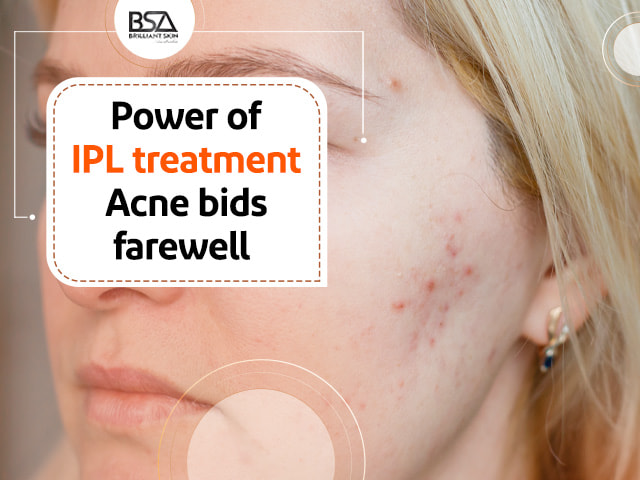
The Best Acne Treatment
The best acne treatment depends on the type and severity of acne. Tretinoin is a spot treatment that promotes faster skin cell renewal to prevent clogged pores. It can also help with wrinkles and skin tone. Using an anti-inflammatory mask can aid in treating facial acne.
Salicylic acid is commonly used for acne management. Gentle, non-irritating skincare products are recommended for acne-prone skin. Avoid squeezing or picking at acne scars to prevent worsening discoloration and scarring. Dermatologists and skincare therapists can provide proper assessment and care for cystic acne. Acne treatment creams, benzoyl peroxide, and oral medication are also common approaches.
| Treatment Method | Description | Pros | Cons |
| Topical Medications | Creams, gels, or lotions applied directly to the skin | Easy to use, effective for mild to moderate acne | May cause skin dryness, irritation, or peeling |
| Oral Medications | Medications taken orally | Effective for inflammatory acne | Potential side effects, requires prescription |
| Antibiotics | Oral or topical antibiotics | Unclogs pores, reduces inflammation | Initial skin irritation, sun sensitivity |
| Benzoyl Peroxide | Topical medication with antibacterial properties | Kills bacteria, reduces inflammation | Can cause dryness, bleaching of fabrics |
| Salicylic Acid | Topical exfoliant and anti-inflammatory | Helps unclog pores, reduces inflammation | May cause skin irritation |
| Light Therapy | Uses different light wavelengths to target acne | Non-invasive, reduces inflammation | May require multiple sessions |
| Chemical Peels | Chemical solution applied to the skin | Exfoliates skin, reduces acne scarring | May cause skin irritation, sun sensitivity |
| Laser Therapy | Uses laser technology to target acne | Precise targeting, reduces inflammation | May require multiple sessions |
| Natural Remedies | Home remedies using natural ingredients | Affordable, fewer side effects | Limited scientific evidence, may not be as effective |
Laser acne treatment
Laser acne treatment temporarily stops the production of fat and reduces the number of bacteria in the skin. Some types of lasers can also kill acne.
Before laser acne treatment, your therapist may use a light-sensitive medication to sensitise your skin to light. To complete the treatment process, it is usually necessary to repeat several sessions of laser acne treatment and phototherapy. In this method, the bacteria are killed by pulses of light and heat energy.
Laser acne treatment breaks down the sebaceous glands and thus reduces the production of fat in the skin. Side effects of this method include mild pain, temporary redness, and skin sensitivity to sunlight.
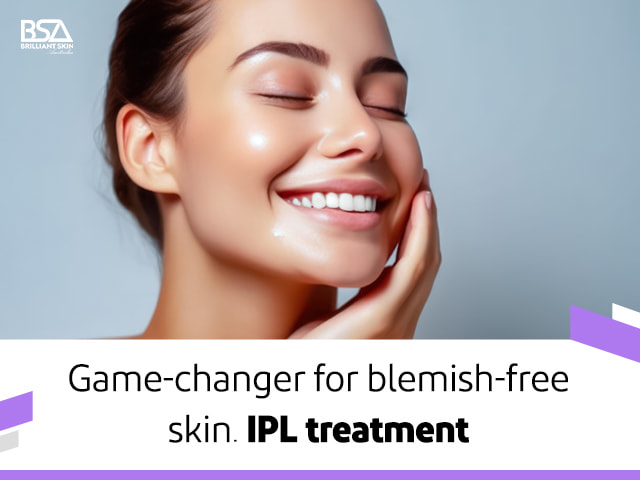
IPL Acne Treatment
Unlike laser acne treatment, which uses only a single wavelength of light, IPL acne treatment releases a number of wavelengths of different pulsed light. This way, the beams become less focused than what you would get with laser devices. Less focused, intense pulsed light can penetrate the deeper layers of the client's skin without causing any kind of damage to the layer above.
Microdermabrasion
Microdermabrasion is one of the most popular acne treatment therapies, which improves skin texture, removes blackheads or whiteheads, and corrects discoloured areas of the skin.
This beauty treatment is effective for both the face and body and is an excellent alternative to chemical peels for the treatment of mild and non-swollen acne.
Acne Treatment for Adults
"I'm not a teenager anymore; why do I still have acne?" This is the question we hear from our clients every day. The truth is that it is quite normal to see acne persist in adulthood. Although acne is known to be a problem in adolescence, it can occur at any age.
Adult acne has many similarities to adolescent acne in terms of causes and acne treatment methods. However, adult acne also has several unique characteristics of its own.
What causes adult acne?
Adult acne is acne that occurs after the age of 25. In most cases, the same factors that cause adolescent acne also play a role in causing adult acne. The four factors that play a direct role in the development of acne are overproduction of oil, clogging of pores by sticky skin cells, bacteria, and inflammation.
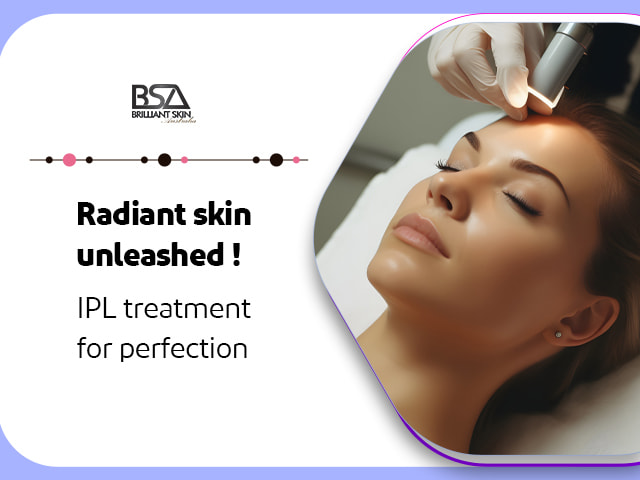
There are several indirect factors, such as the following, that directly affect the above factors and the process of adult acne treatment:
- Hormones, stress, and the menstrual cycle in women are all effective in producing oil.
- Hair products, skin care, and makeup products, which can clog pores
- Diet, which can play a role in the inflammation of the whole body
- Some medications, such as corticosteroids, anabolic steroids, and lithium, can also be effective in causing acne.
Acne Treatment for Teens
Depending on the type and severity of acne, the best products for its treatment can be determined. There are many treatments available for acne in teenagers. Some of them are creams and lotions that the patient can apply directly to their skin, and other treatments are in the form of oral pills or special skin services.
Creams and lotions that can help with mild-to-moderate acne in teens include the following ingredients:
- Retinoids
- Benzoyl peroxide
- Azelaic acid
- Salicylic acid
For teenagers with severe acne, there are medications that are only available with a doctor's prescription. These drugs include:
- Antibiotics
- Oral contraceptives for people with acne related to hormonal disorders
- Steroids
- Isotretinoin
- Photodynamic therapy
- Chemical peeling
Acne Treatment and Prevention
Like most life events, acne is not always completely under control. However, there are some key points that are recommended to help prevent acne:
- Never go to bed with makeup on.
- Check the labels: Always look for "non-comedogenic,” "oil-free," or "won't clog pores" when shopping for cosmetics and skin care products.
- Avoid using facial oils and oily hair products.
To prevent the darkening of acne spots, use SPF 30 sunscreen, moisturiser, or brightener daily. Dietary changes, such as reducing dairy and high-sugar foods, may help reduce acne risk. Ongoing research is exploring the link between diet and acne treatment.
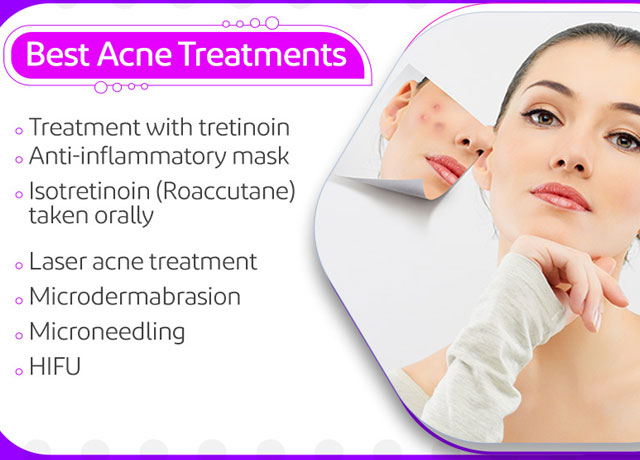
Why acne treatment matters
Many skin conditions, including acne, can be a gateway to systemic disease. For example, hair loss, overgrowth, irregular menstrual cycles, rapid weight gain or loss associated with acne,or the rapid onset of acne without a history, can all be signs of an underlying condition such as polycystic ovary syndrome or other endocrine disorders.
Read more: Home Remedies for Acne Scars
FAQs
What is not recommended for acne treatment?
The use of alcohol and acetone for acne treatment is not recommended, as they can damage your skin.
Does acne treatment really work?
Yes, most acne treatments are really effective, but you may not see the results immediately.
What is the strongest acne treatment?
Isotretinoin is a very strong drug that is used to treat severe cases of acne.
Acne Treatment Sydney
If there are no serious underlying causes and you simply need treatment for acne skin, here at Brilliant Skin Australia, we have the advantage of using the latest advancements in technology for acne treatment with years of experience in the field of skincare and beauty.
